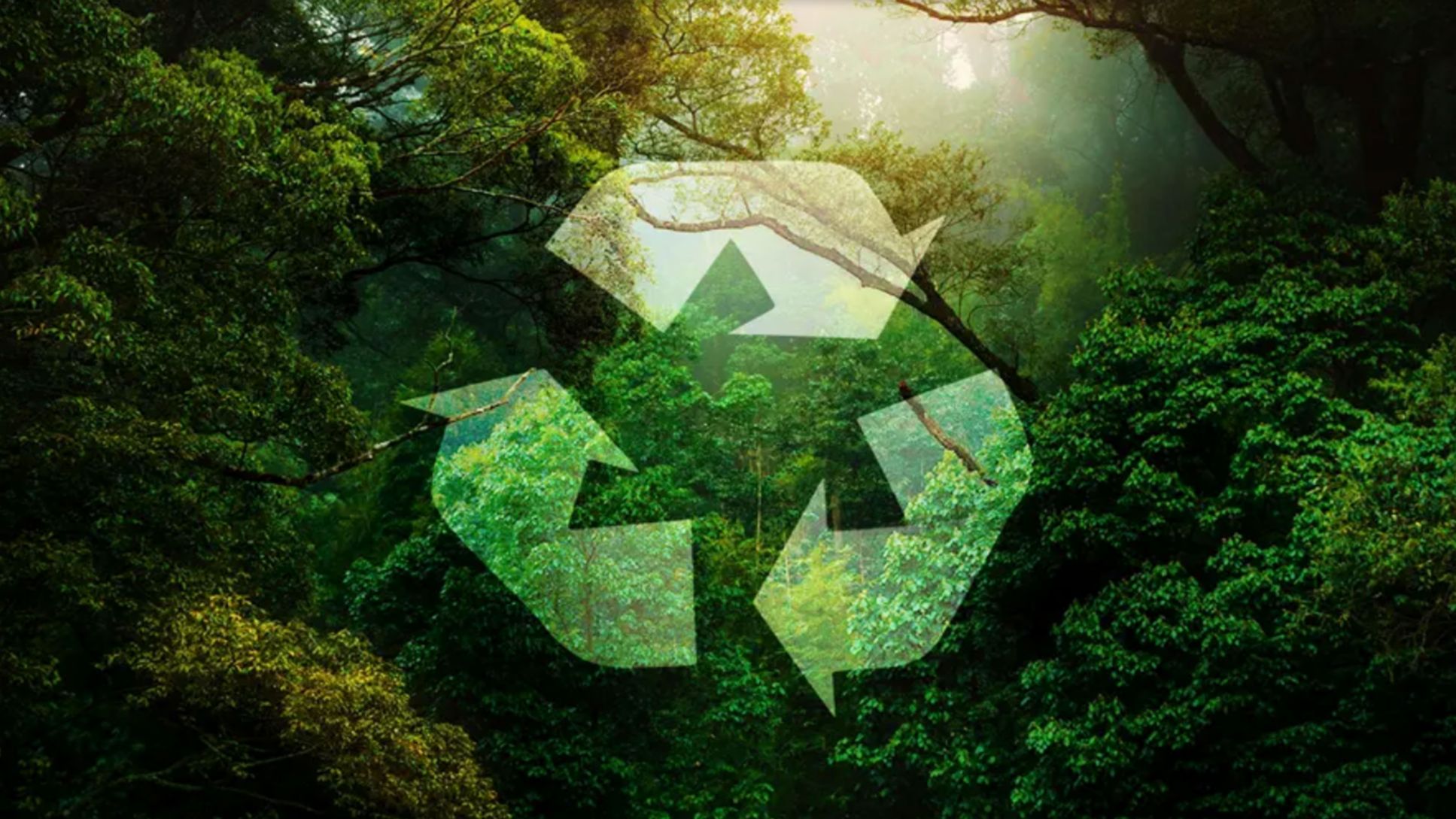© 2025 Dr. Ing. h.c. F. Porsche AG.
* Where values are indicated as ranges, they do not refer to a single, specific vehicle and are not part of the offered product range. They are only for the purposes of comparison between different vehicle types. Additional equipment and accessories (add-on parts, tyre formats etc.) can change relevant vehicle parameters such as weight, rolling resistance and aerodynamics. These factors, in addition to weather, traffic conditions and driving behaviour, can influence the fuel/electricity consumption, CO2 emissions, range and performance values of a vehicle.
** Important information about the all-electric Porsche models can be found here .
Terms and conditions Porsche Newsroom
1. All information offered on Porsche Newsroom, including but not limited to, texts, images, audio and video documents, are subject to copyright or other legislation for the protection of intellectual property. They are intended exclusively for use by journalists as a source for their own media reporting and are not intended for commercial use, in particular for advertising purposes. It is not permitted to pass on texts, images, audio or video data to unauthorised third parties.
2. Use of Newsroom content for book projects (or similar commercial use) is not permitted, particular with regards to images. Any potential usage must be approved beforehand by Dr. Ing. h.c. F. Porsche AG. To discuss licencing requests for book projects please email: archiv@porsche.de
Accept
Cancel


